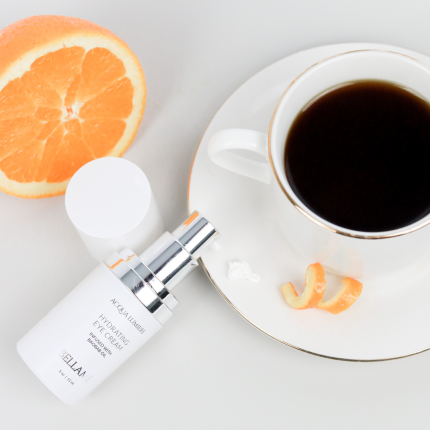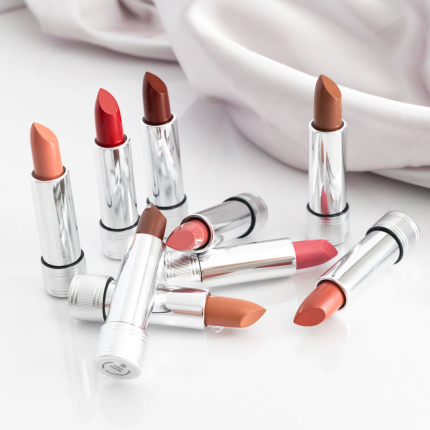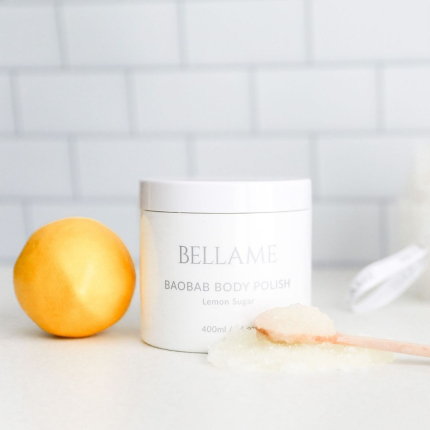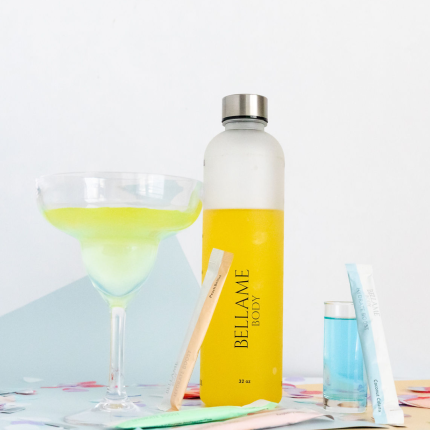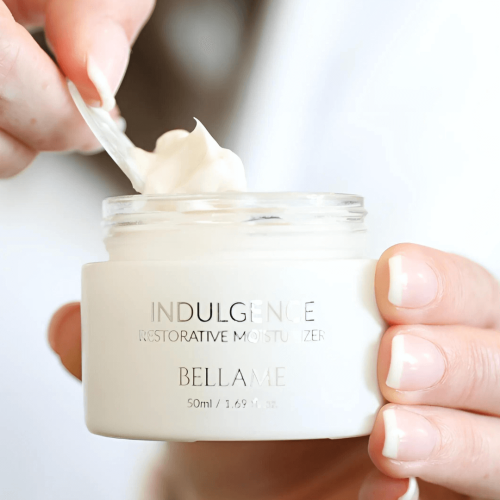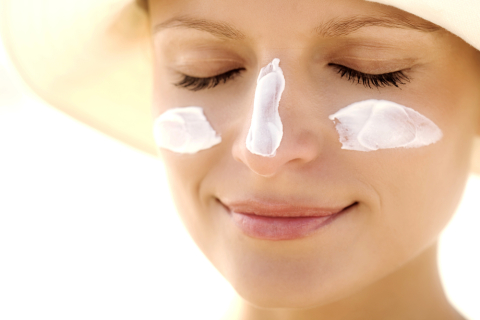
We live in a society with overwhelming information. We can Google to our heart’s content and get the scoop on just about anything. That also means being well informed on things hazardous to our health, like the sun. Sure the sun comes with its share of benefits for your skin, like doses of Vitamin D and it can aide in the treatment of some skin issues like psoriasis and acne. But we still need to take extreme precaution against its ultraviolet lights that can do some serious damage to our skin.
There are two different types of ultraviolet lights. UVB is responsible for damage like those nasty sunburns. UVA, however, steps up the game because it penetrates the skin deeper. This one can take more of the blame for wrinkles and hyperpigmentation but worse skin cancer. Skin cancer is the most common type of cancer. According to The Skin Cancer Foundation, “Each year there are more new cases of skin cancer than the combined incidence of cancers of the breast, prostate, lung and colon and one in five Americans will develop skin cancer in the course of a lifetime.” The amount of information out there mixed with marketing can leave a consumer misdirected.
Sunscreen is one of the ways to defend our precious skin from the ugly side of the sun. And fortunately, you can find it just about anywhere and in various forms like sprays, lotions, creams, and even in your beloved beauty products. But not all sun protection is created equal, nor are all directions universal.
Here are five ways to help step up your skin protection:
1. Beware of the unseen.
For starters, just because the sky is full of clouds, you are not covered. The majority of the sun’s rays are not blocked by clouds, so protection is a must. Particularly in activities like skiing where you are at higher elevations. And even indoors, Blue lights compliments of computer and electronic screens are not our skin’s best friend either.
2. SPF coverage is not everything.
The SPF (sun protection factor) number is calculated by the time it would usually take your skin to burn versus how long it will take with using the sunscreen. For example, if you typically begin to burn after 5 minutes in the sun and you use an SPF 20, that should give you the protection 20 times greater than if you didn’t use it. So, 5 x 20, 100 minutes. So generally speaking your SPF 20 should cover you for 1 hour and 40 minutes.
3. This is not a one and done application.
Considering what we just learned about SPF… even using the example above, if you used an SPF of 50 yet you burn after 5 minutes in the sun, that should give you coverage for 250 minutes. So after four hours, you need to re-apply. And of course, if you are sweating or in the water, that needs to be considered too.
4. The Reality of Moisturizers and Makeup with SPF.
Ok so you love your moisturizer or foundation with SPF, and you think you are set for the day right? Think again, if your morning ritual includes a product with an SPF 30 and you usually burn in 5 minutes without sunscreen, you have a 150-minute window of potential protection. So if you get ready at 7 am, by your 9:30 am coffee break you will have run out of protection.
5. Broad Spectrum
As mentioned earlier, there are two different types of ultraviolet lights, UVA, and UVB. The amount of SPF protection refers to the protection of UVB only. So it is equally important to protect yourself from UVA as well. According to the Mayo Clinic, “A broad-spectrum, or full-spectrum, sunscreen protects you from both. UVA rays can prematurely age your skin, causing wrinkling and age spots. UVB rays can burn your skin. Too much exposure to UVA or UVB rays can cause skin cancer. The best sunscreen offers protection from all UV light.”
So the moral of the story is, give your skin the love it deserves. Go ahead and nourish and pamper it to the max, but be sure to protect it just as passionately. Your skin and your future self will thank you!
Cheers!

Disclaimer: The material on this blog is for informational purposes only. This is general information and is not a substitute for your physician or esthetician’s care or advice.
